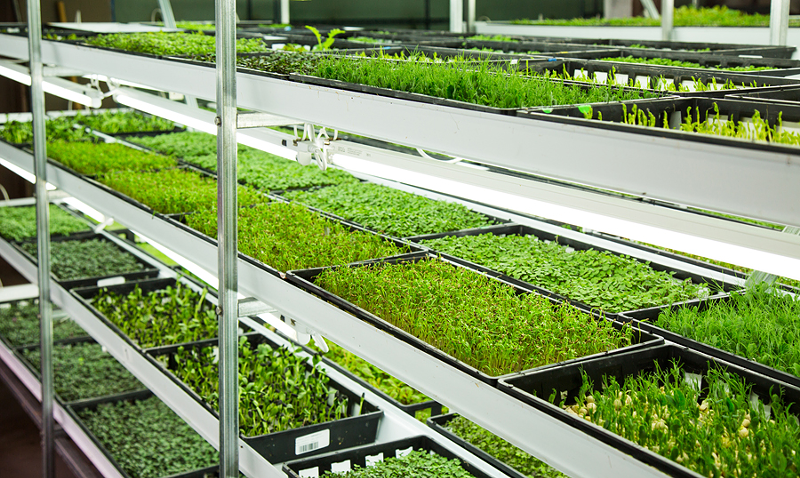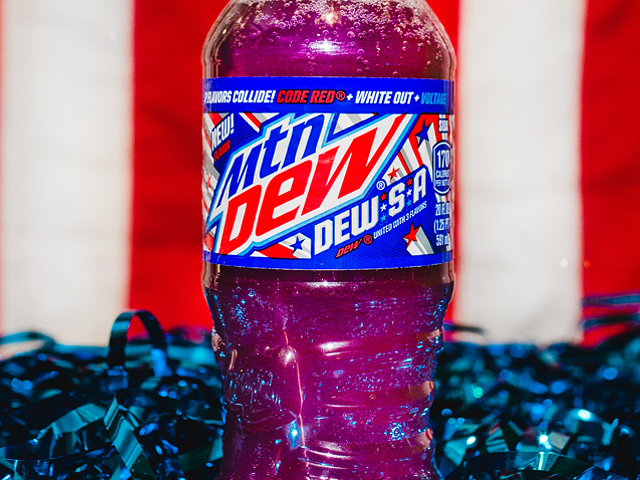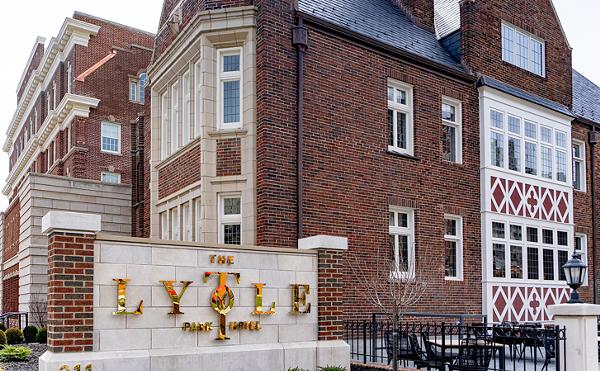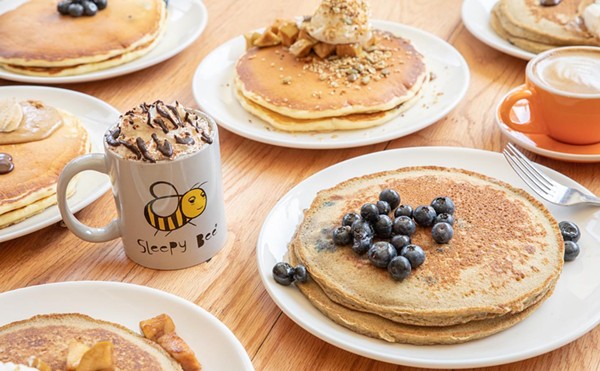
A federal judge gave the EPA a deadline of March 31 to decide whether or not it wanted to finalize the ban. On March 29, President Donald Trump’s new EPA chief, Scott Pruitt, declined to ban Lorsban, siding instead with manufacturer DOW Chemical and large farm groups despite the scientific data Pruitt’s own agency put together regarding potential hazards.
While most evidence shows that the nutritional value of healthy foods is not altered by the growing method, some early animal-based research suggests that pesticides could be harmful at lower levels than previously believed. So we’ve decided to look at alternate growing methods and local organizations, farms and farmers markets that can help you make educated decisions when it comes to feeding your family.
Certified Organic
To qualify for this USDA-regulated designation, farmers must grow and process their products according to strict federal guidelines addressing, among many factors, soil quality, pest and weed control and the use of additives. Instead of synthetic fertilizers and pesticides, organic farmers must use natural products and “physically, mechanical or biologically based farming methods.”
5 Oaks Organics: More than two dozen vegetables and herbs are produced on this nine-and-a-half-acre Oxford, Ohio farm. Find Kristi Hutchison’s produce at the Oxford, Hyde Park and Wyoming farmers markets as well as through the Ohio Valley Food Connection (OVFC). ohiovalleyfood.com.
Brickel Creek Organic Farm: Visit Whole Foods for Dayton farmer Sue Borton’s heirloom varieties of greens, beets and herbs. Summer produce includes berries, tomatoes, and sweet corn. brickelcreek.com.
Salad Days Farm: Pick up salad greens (plus asparagus, radishes and strawberries) at the Versailles, Ky. farm or order through OVFC. saladdaysfarm.com.
Certified Naturally Grown
This private, nonprofit group relies on peer review. CNG farmers don’t use any synthetic herbicides, pesticides or genetically modified organisms and rely on the personal commitment of their members to practice robust organic practices.
Rains and Sun Hilltop Farm: Located in Independence, Ky., Steve and Anna Raines offer vegetables, berries and herbs through a CSA or via OVFC. rainsandsun.com.
No Spray/Low Spray
The terms “pesticide-free” and “spray-free” are often used quite loosely in farming. Because there is no legally recognized definition, these labels can be confusing and a dialogue with individual farmers is imperative. For example, if something is labeled “spray-free,” the crop might have been spared from being sprayed, but the soil could have been primed with synthetic fertilizer or the seeds might have been dipped in fungicide. Farmers can also use GMO plants or seeds.
Carriage House Farm: More than 50 different vegetables, herbs and culinary flowers are available from this registered Ohio Century Farm. Garden Manager Kate Cook never sprays her plants and relies only on compost to amend the soil. Find Carriage House produce at the Hyde Park, Northside and Wyoming farmers markets and Findlay Market as well as on the farm. carriagehousefarmllc.com.
Finn Meadows Farm: Claire and Marc Luff never use herbicides or chemical fertilizers on their 50-acre farm in Montgomery. Their fruits, vegetables and herbs, as well as pastured meats, are available on the farm, through their CSA and at the Montgomery and Hyde Park farmers markets.finnmeadowsfarm.com.
Oakley Urban Farm: Farmer Brian Lytle offers heirloom tomatoes, sweet peppers, superhots, eggplant, greens and zucchini. Lytle only uses organic input when growing his crops. He also produces five flavors of pickles. Find these items at the Liberty Centre, Lettuce Eat Well, Madeira and Mount Washington farmers markets, Findlay Market and special events at the Hyde Park Farmers Market. Searchable on Facebook.
Hydroponics
Hydroponics is the art of growing plants with their roots suspended directly into a water-based, nutrient-rich solution and without soil. Hydroponic gardening has the advantage of being environmentally friendly since it requires considerably less water than soil gardening. Farmers also spend less time dealing with soil-based pests and disease.
Waterfields: This specialty produce grower provides microgreens, petite lettuces, edible flowers and specialty cuts to our region’s finest local restaurants as well as directly to consumers. They’re grown with no pesticides or herbicides. Find them at Jungle Jim’s, Clifton Market, Clifton Natural Foods, Madison’s at Findlay Market and in Dayton at Dorothy Lane Market. waterfieldsllc.com.
Aquaponics
Aquaponics is hydroponics plus fish. Fish waste turns into nitrates and ammonia, which are normally deadly for fish but make great fertilizer for plants. The plants absorb the waste as nutrients, purifying the water and making it safe for the fish.
Greener Portions Aquaponics: Urban farmer Casey Miller produces his veggies and herbs in an Anderson strip mall. Purchase his produce at the “farm” or through OVFC. greenerportions.com. ©





